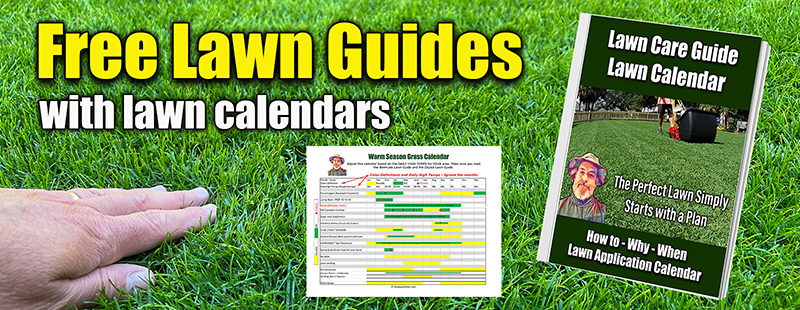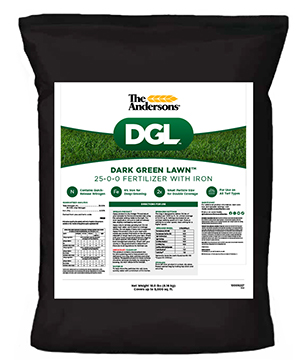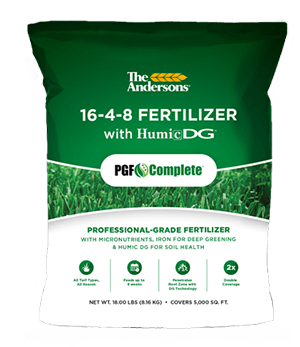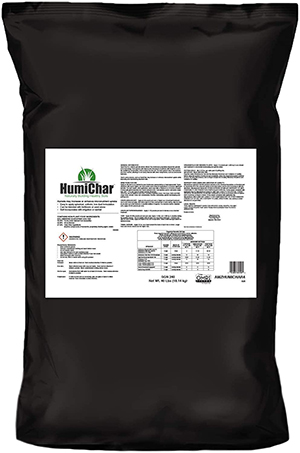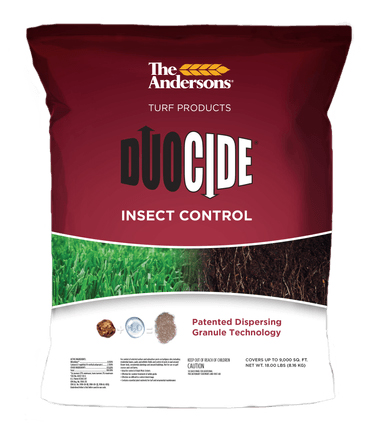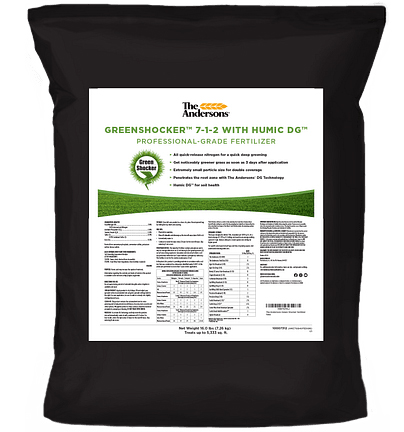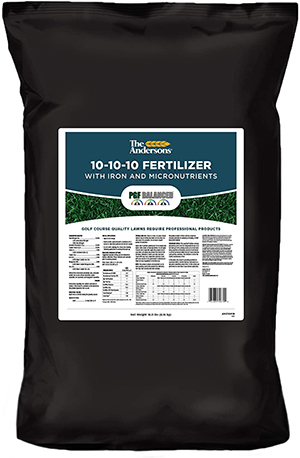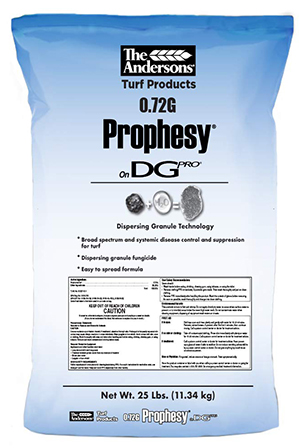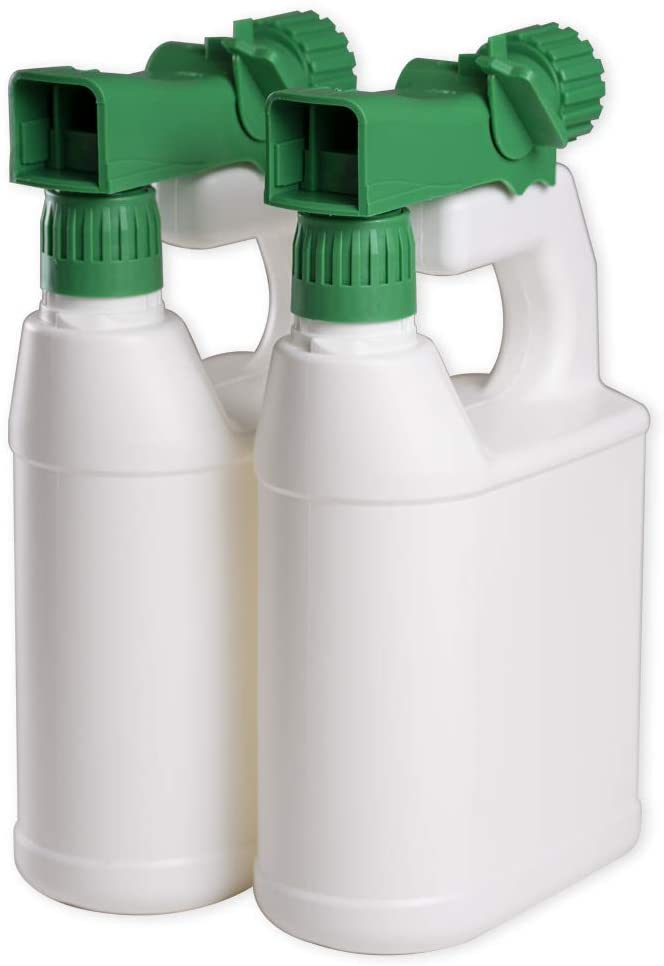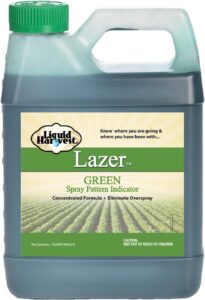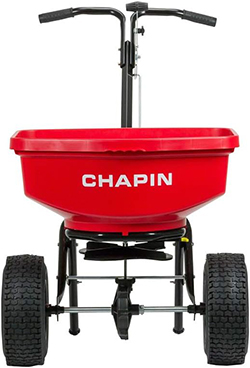Should You Overseed Your Lawn in the Fall
Doc explains the pros and cons of overseeding your lawn in the fall for winter. While it does give you a nice green lawn all winter long, it may pose some challenges come the spring. He discusses annual vs perennial rye grass and fertilizers.
Fall and Winter Overseeding Video
Free Lawn Care Guides
Click the picture below and then select the guide you need.
New – DGL Dark Green Lawn
All fast release 25-0-0 + 6% iron.
PGF Complete 16-4-8 Lawn Fertilizer
This is the main fertilizer for ALL lawns during the growing season. Warm season and cool season lawns.
HUMICHAR…
Should be applied to ALL LAWNS and can be applied as heavy and as often as you like. It contains NOTHING that can hurt your lawn and is 50/50 mix of biochar and humic acid.
Killing Grubs and Army Worms with the Double Kill Doucide
Preventative products should be used in the late summer. Killing products work best in the spring. The product below can be applied anytime of the year to kill grubs.
GreenShocker Fast Acting Granular
GreenShocker is a granular, all fast release, fertilizer supplement.
Dirt Booster Plus for Lawns and Gardens
Lawn ALIVE™
PGF Balance 10-10-10
A professional grade 10-10-10 with tiny particles, micro nutrients, and iron. Great first step for late winter.
Spray Bottles
BOTH BOTTLES ARE ON THIS LISTING
Granular Fungicide for Lawns
Lawn Hose End Spray Bottles
WARNING: Use only the 20:1 ratio bottles and do not pay more than $19 for TWO bottles. When out of stock, others will charge up to $40 if out of stock. Simply wait until they come back in stock from Andersons.
Green Dye Doc Uses
Uses gloves and if you get on your hands, wash with a bleach kitchen cleaner and soap to remove.
Large Spreader Used – Top Pick for 2024
Probably one of the best VALUES for a large spreader with huge wheels.
Lawn care tips and Bermuda lawn care.
Winter overseeding of Bermuda grass involves planting a cool-season grass, like ryegrass, over dormant Bermuda grass to maintain a green lawn during winter. Below are the pros and cons of this practice, based on its impact on lawn appearance, maintenance, and grass health.
Pros
Year-Round Green Lawn: Overseeding with cool-season grasses ensures your lawn stays green during winter when Bermuda grass goes dormant and turns brown.
Improved Aesthetics: A lush, green lawn enhances curb appeal, especially in regions where winter dormancy is noticeable.
Weed Suppression: Dense cool-season grass can outcompete winter weeds, reducing the need for herbicides.
Soil Protection: Overseeding prevents soil erosion and compaction by maintaining active grass cover during winter.
Recreational Use: A healthy, green lawn allows for continued use in winter for activities like sports or gatherings.
Cons
Increased Maintenance: Overseeding requires additional mowing, watering, and fertilizing during winter, which increases time and cost.
Transition Challenges: Cool-season grasses can compete with Bermuda grass in spring, delaying its recovery or causing patchy transitions if not managed properly.
Potential Stress on Bermuda Grass: Improper overseeding or aggressive cool-season grasses can weaken Bermuda grass, especially if the lawn is not well-prepared.
Higher Water Usage: Cool-season grasses often need more water than dormant Bermuda grass, increasing water bills in dry regions.
Cost of Seed and Labor: Purchasing seed and preparing the lawn (aerating, dethatching, etc.) can be expensive, especially for larger lawns.
Additional Considerations
Climate: Overseeding is most beneficial in regions with cold winters where Bermuda grass dormancy is prolonged (e.g., USDA Zones 7–9).
Grass Choice: Perennial ryegrass or annual ryegrass are common choices, with perennial offering better quality but requiring careful spring management.
Timing: Overseed in early fall (6–8 weeks before first frost) for best establishment, ensuring soil temperatures are suitable (around 50–65°F for cool-season grasses).
If you’re considering overseeding, weigh the aesthetic benefits against the added maintenance and potential stress on your Bermuda grass.


